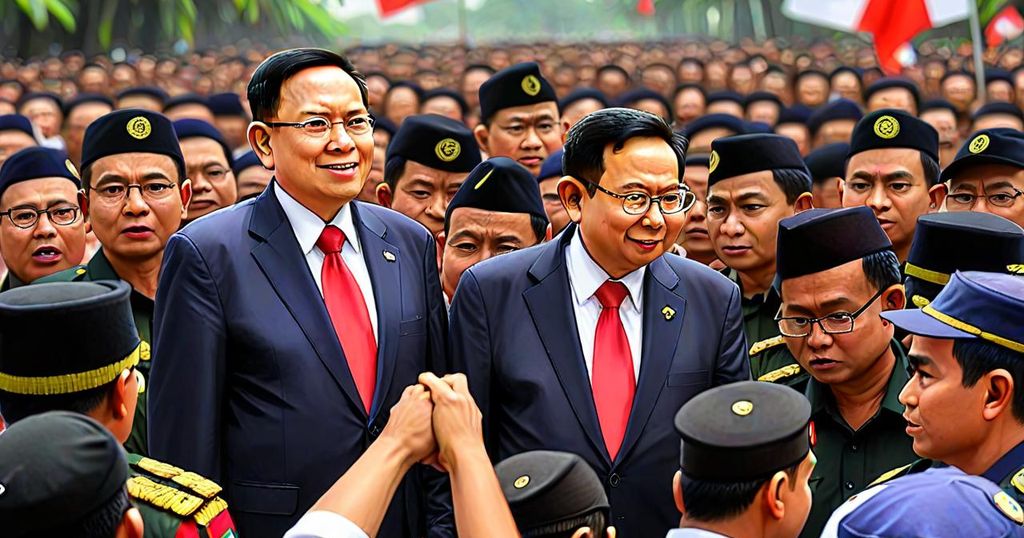Recent reports from Indonesia have brought attention to the growing criticism against President Joko Widodo, also known as Jokowi, for his alleged interference in the upcoming presidential election. Although constitutionally prohibited from seeking a third term, concerns have been raised about his efforts to influence the election in favor of Defense Minister Prabowo Subianto, prompting calls for transparency and fairness in the electoral process.
Accusations of Jokowi’s attempts to manipulate the election have surfaced, including claims of engineering a court decision to pave the way for his son to run as the vice-presidential candidate alongside Prabowo. Additionally, there have been reports of pressuring village officials to support Prabowo in exchange for resources from the Widodo administration. Allegations of harassment and restrictions against the campaign teams of other presidential candidates have also raised concerns about the integrity of the upcoming election.
Despite these criticisms, individuals within Jokowi’s camp argue that he is merely striving to secure his legacy, citing initiatives such as the establishment of an electric-vehicle manufacturing supply chain and an ambitious project to build a new capital city in place of Jakarta. Supporters of Jokowi emphasize the need for continuity and stress the positive impact of his leadership over the last ten years. However, the growing divide within Indonesia’s political elite and the potential threat to democratic norms have sparked a widespread debate on the country’s political landscape.
The upcoming election on February 14th will be a critical turning point for Indonesia, with potential implications for its future trajectory. The involvement of various candidates, including former Central Java governor Ganjar Pranowo and former Jakarta governor Anies Baswedan, indicates the high stakes of the election and the significant role that Jokowi is expected to play in influencing its outcome. Amid these developments, concerns have been raised about the fairness and transparency of the electoral process, with experts warning that this election could be the most contentious since the overthrow of dictator Suharto in 1998.
Jokowi’s journey from a riverside slum to the presidency has been marked by significant achievements, yet his legacy has been clouded by unfulfilled promises and controversial decisions. Critics argue that his failure to deliver on anti-corruption efforts and weakening of environmental and labor protections have marred his tenure as president. Nonetheless, Jokowi’s supporters contend that the complexities of governance have forced compromises in his approach, as he navigates a politically fragmented landscape and pursues strategies to address challenges such as the ongoing pandemic.
Additionally, the unexpected alliance between Jokowi and Defense Minister Prabowo, a former general with a history of alleged human rights abuses, has raised questions about the ethical implications of their collaboration. Prabowo’s political resurgence, facilitated by Jokowi’s invitation into the cabinet, has underscored the intricate dynamics at play in Indonesian politics and further fueled debates on the future of the country’s leadership.
As Indonesia prepares for a pivotal electoral process, the need for transparency, accountability, and fairness has become paramount. The outcome of the election will undoubtedly shape the trajectory of Indonesia’s democratic future, with lasting implications for its citizens and the broader global community. The unfolding narrative of political rivalries and ethical dilemmas presents a complex and evolving landscape, underscoring the importance of upholding democratic principles and ethical leadership in the pursuit of a brighter future for Indonesia.

Leave a Reply